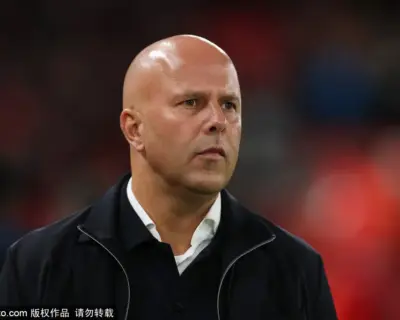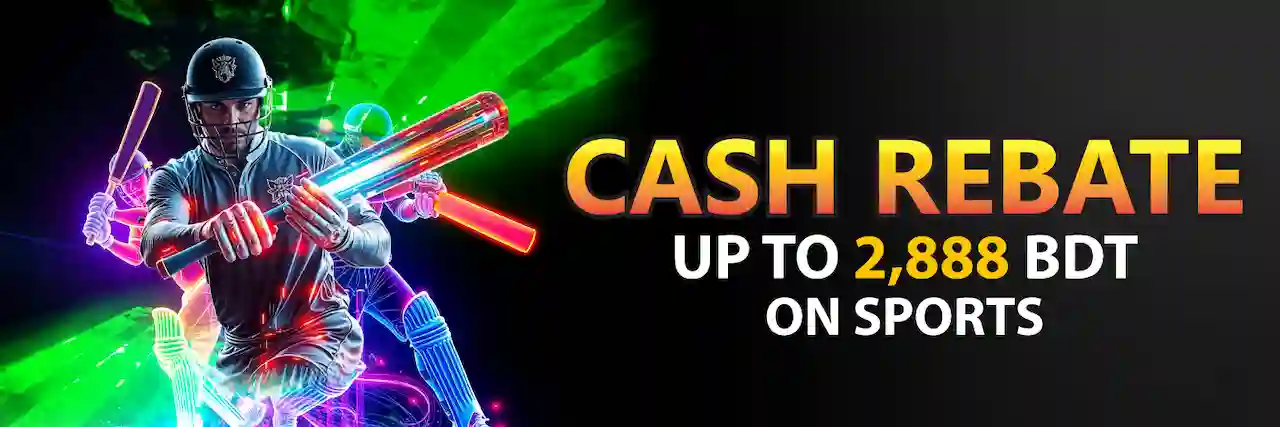 After weeks of frustration and disbelief, fans across Cricket Exchange can’t stop talking about Liverpool’s stunning collapse. Since September 27, the Reds have suffered six defeats in seven games—worse than any other team in Europe’s top leagues during that period. What was supposed to be a triumphant new era after spending 482 million euros on big names like Isak, Wirtz, and Ekitike has turned into a nightmare ending no one saw coming.
After weeks of frustration and disbelief, fans across Cricket Exchange can’t stop talking about Liverpool’s stunning collapse. Since September 27, the Reds have suffered six defeats in seven games—worse than any other team in Europe’s top leagues during that period. What was supposed to be a triumphant new era after spending 482 million euros on big names like Isak, Wirtz, and Ekitike has turned into a nightmare ending no one saw coming.
Responsibility naturally falls on manager Arne Slot. Yet the Dutchman, who conquered the Premier League in his debut season and only bowed out to PSG in the Champions League, hardly lacks tactical brilliance. The real issue lies elsewhere—he isn’t fierce enough. Imagine José Mourinho in the same spot: he’d probably walk into a press conference holding the trophy, glare at reporters, and bark, “RESPECT! RESPECT! RESPECT!” before storming out. Cameras would pan to the gleaming cup left abandoned on the table, a symbol of pure defiance.
Reality, though, was quieter. After the latest defeat, Slot calmly said, “There are always many choices to make, but before this game we’d already lost five of six. Playing the Premier League just two days after Europe makes things harder, but that doesn’t excuse losing so much.” Even after falling to Manchester United, the locker room stayed silent. No shouting, no chaos. That calm, for all its dignity, revealed a deeper problem—Liverpool had lost its fire.
Slot’s personality shines through every match. Gentle and mild-tempered, he explains every tactical move like a professor giving a lecture. But football isn’t a classroom—it’s chaos and emotion. Compared with Klopp’s wild “heavy metal football,” Slot’s approach feels almost orchestral. He’s not a bad man, just not a bad boy—and in this sport, sometimes a bit of madness wins hearts. His past explains some of it: this is his first true elite club, and he’s still learning how to carry the weight that comes with it. But the greater reason is who he is at his core—calm, careful, and utterly polite.
Fans on Cricket Exchange still recall how bright things looked early on. After winning the Community Shield, Liverpool started the league strong. Within four minutes of the first match, Ekitike found the net from a Wirtz assist, followed by Frimpong’s sharp finish soon after. Seven straight victories followed, each game packed with last-minute drama and nerve-wracking comebacks. They defeated Newcastle, Everton, Arsenal, and Bournemouth—all top-tier rivals—and for a moment, the Reds looked unstoppable again.
That was the perfect version of Slot’s Liverpool: Alisson steady as ever, Van Dijk and Konaté forming a fortress, Robertson unyielding on the left, Frimpong and Bradley alternating on the right, and the “Maybach” midfield trio keeping rhythm. Wirtz thrived behind the attacking trio of Gakpo, Salah, and Ekitike—a combination that brought fluidity and threat. But then came the unavoidable question: what to do with Isak? No one spends 145 million euros on a striker to sit him on the bench, and balancing egos soon cracked the harmony that once defined the team.
Today, debate grows louder on Cricket Exchange about whether Slot can reignite the spark or if Liverpool’s music has truly faded. The heavy metal energy of Klopp’s days has been replaced by something quieter, more refined, but also less alive. In football, as in rock, passion is everything. Without that pulse of anger and intensity, even the most beautiful melody feels hollow. Unless Slot rediscovers that burning edge, Liverpool may keep playing perfectly—but without soul.



